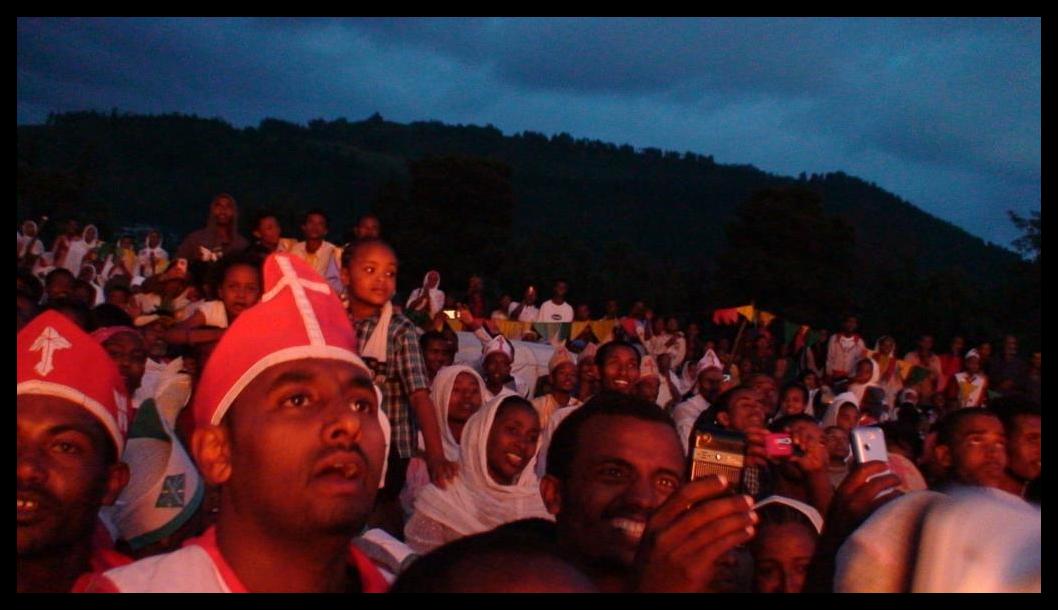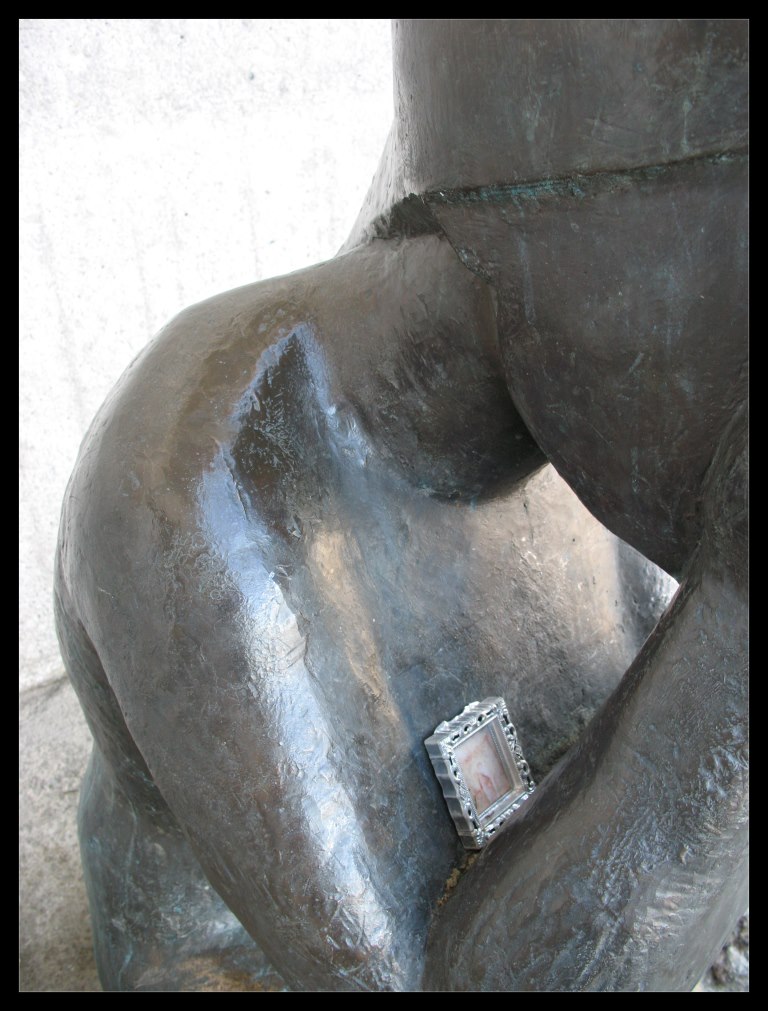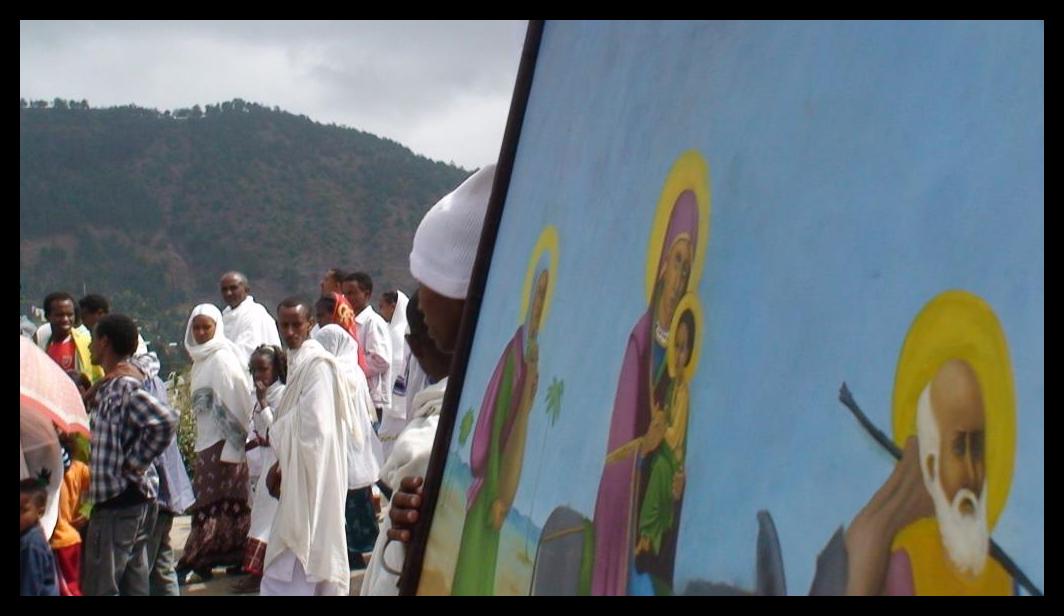Research Interests
Since first embarking on ethnographic research in 2007, my chief concern has been to systematically document how traditions of religious institutions help facilitate peoples' participation in community making in order to evaluate how economic, political, and cultural forces impact individuals as agents of change. My work contributes to contemporary studies on the development of civil societies by featuring the role of religious institutions in the urban landscape, which continues to serve as a dynamic forum of social critiques on traditionalism and modernity. Through several research directions, I seek to advance analytical models to attend to the grey areas between "the secular" and "the religious", in order to further articulate how institutions of each blend within peoples' practices in distinct cultural contexts.
I seek opportunities to collaborate on projects that study the interfaces of religious thought, structuring of faith communities and the repertoire of cultural expression as articulated by adherents and how these aspects can frame outlets of social movements. These themes propose important implications for examining the strata of civil society and their capacities to address societal concerns.
Urban mobilization of faith communities

I pursue questions that engage with the ways individuals are inspired by their spiritual traditions and how this influences the definitions of their social world. How do people associate under the banner of "religion", both as a domain of socio-political representation and a guiding principle of living? How does refining distinctions of religious identification offer perspectives to situate the movements of faith communities in public affairs? Can religiously-guided negotiations of pluralism sharpen the fault lines of operative models of civil society as global societies engage with liberal values of equitable diversity?
I adopt a specific focus on urban contexts (see projects ) by studying informal and formal types of engagement with religious institutions, such as mutual-aid societies and Sunday School groups. This approach has permitted observing how participants in civil society sectors such as education, health, environmental and cultural protection, as well as business entrepreneurs shape alternative domains of autonomy. This opens up possibilities for understanding how religion as a multi-faceted phenomenon comes to bear with values of cultural representation and the ability to exercise rights to political institutions. I am particularly concerned with how social organization, as influenced by public spaces of worship, is locally envisaged and how inter-generational perspectives offer insights for understanding the trending of globalizing religions.
The Lifeworld of Devotional Experience

I explore methodologies and vantage points to feature the 'living' component of religion, by explicitly avoiding partitions between informal and formal worship and instead treat religious expression as a totality of devotional possibilities. What resources are derived from how individuals' perform their convictions of belief and how are these activities manifest as values of personal and social definition? How does the work of prayer in its various forms and ideations provide pathways for observing the guiding methods and principles for reinforcing relations to this world and the next?
My past ethnographic projects have addressed how liturgical participation in various modalities, such as at places of worship and pilgrimages events, plays a dynamic and sustained role in peoples' devotional engagements, namely the significance of vows and other bonded commitments. I follow practice-based approaches to religious studies by gathering perspectives on the internal dynamics of spiritual expression, which attends to the importance of ritual and non-verbal communication, phenomenology, and the materiality of religion as themes relevant to sacred time/space-making. This focus fully considers the bodily and linguistic aspects of worship to be an integral component to how people articulate their cosmological outlooks and ethics of social responsibility.
Intellectual Traditions of Religions

I investigate how religious ideas and practices, as a domain that seeks to interpret the human condition, is co-opted to frame processes of social change. In what ways do adherents of religious doctrines view their histories through the lens of spiritual struggle and fulfilment? I seek to explore the dynamics within "religion as heritage" and how individuals and societies reference and mobilize this narrative to address concerns about socio-cultural determination.
I advance critical analyses on the dialectical encounters with religions traditions, what I pursued in my doctoral studies as an ethnographic study of "covenant" as a multi-aspectual body of knowledge. Furthermore, covenant as a circulating narrative is also a dynamic instance where understanding significations is unlocked by the careful appraisal of cultural reference points and tropes. My doctoral research incorporated theological and church history studies to propose the endurance of the social constructions of 'the church', idealized in dynamic metaphors such as the 'priesthood of believers', and revised through individuals' desire to integrate their spiritual commitments into an incorporative environment of fellowship. Furthermore, I am interested in analytical frameworks that reflect on the elaboration of social traditions as a significant component to cultural adaptation and creativity. See projects.